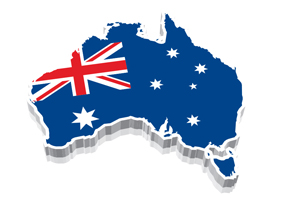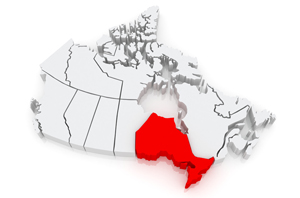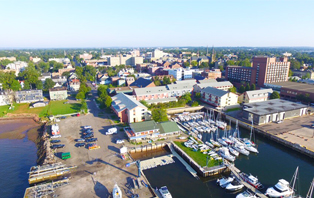Australia has released the occupation ceilings for skilled migration programs for the year 2019-20. Occupational ceiling means the maximum number of ‘Expressions of Interest’ (EOI) or invites that would be issued from an occupation group in a year. Australian government sets ceilings for occupations to make sure that the skilled migration program is not dominated by a small number of occupations.
A person who applies for Australia migration through one of the skilled migration programs must make sure that their occupation is listed on the Skilled Occupation List (SOL). The list, at present, includes more than 200 occupations. The Department of Home Affairs (DHA), Australia updates the list regularly.
Once the maximum number of invites as per the ceiling is issued under a particular occupation, no more invitations are issued for that occupation or program in that year. Instead, the invitations will be issued to migrants in other occupations even if they have less ranking score.
The occupation ceilings indicate which are the most in-demand occupations in the Australian labour market. While the ceilings of some occupations are high, the ceiling limit of some other occupations may be low.
Occupational Ceilings for major occupations
Australia government has fixed the occupational ceiling for registered nurses at more than 17,000 for the year 2019-20. At the same time, occupation ceiling is more than 8,000 for electricians, carpenters, Secondary school teachers and software programmers. The ceiling for music professionals, economists and cartographers is 1000. If an occupation has a high ceiling, it means the occupations are in high demand in the Australian labour market.
Australia has reduced its migration program for 2019-20. But this has not affected the occupational ceilings. However, the applicants must remember that ceilings do not mean these many invitations will be issued for each of these programs.
Occupational Ceilings do not apply to Australia Visa 190 –State or Territory and Employer Sponsored or Business Innovation and Investment visa subclasses.
Are you planning to migrate to Australia? The expert immigration consultants of CanApprove help you enjoy a hassle-free Australia migration process! Contact us for more details!
 WHATSAPP
WHATSAPP


















